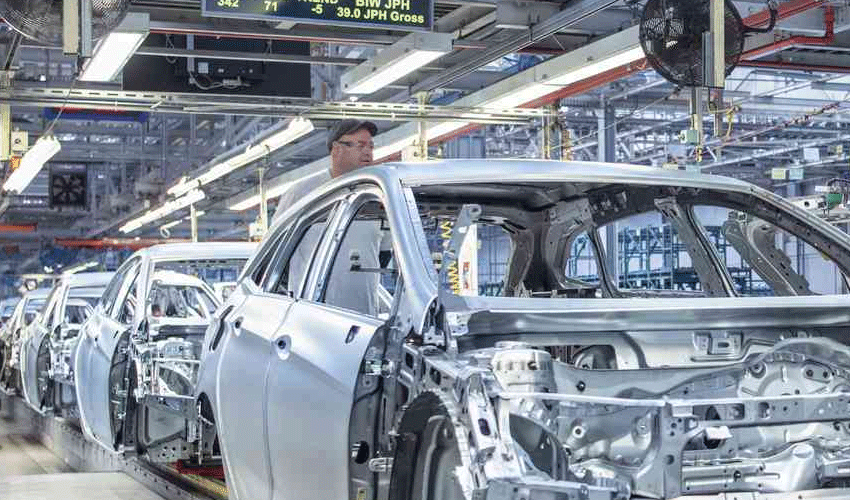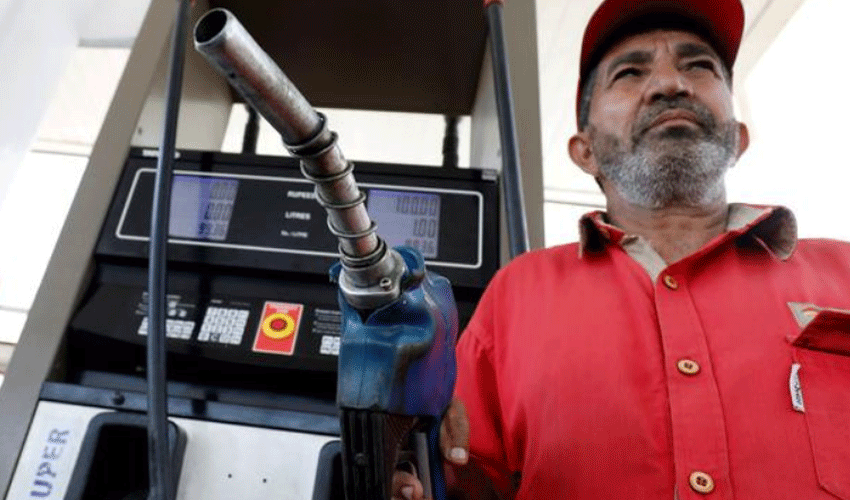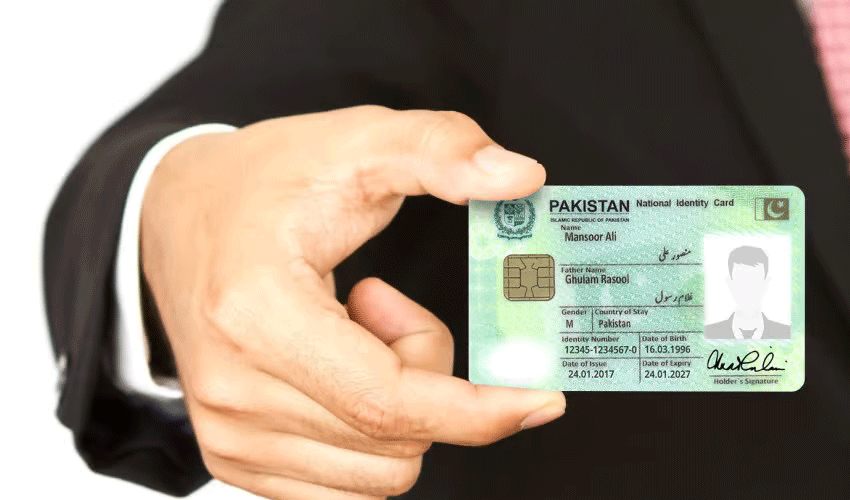President Donald Trump's administration has announced a move to alleviate the impact of his automotive tariffs, aiming to reduce duties on foreign parts used in domestically manufactured cars.
This new development is expected to offer significant relief to U.S. automakers and workers, officials confirmed on Tuesday.
Commerce Secretary Howard Lutnick hailed the decision as a "major victory" for the president's trade policy, emphasizing that it would reward companies manufacturing within the United States. "President Trump is building an important partnership with both the domestic automakers and our great American workers," Lutnick said in a statement provided by the White House.
The move is designed to prevent multiple tariffs from being applied on vehicles assembled in the U.S. by foreign parts manufacturers. Under the new system, car companies paying tariffs will not face additional levies on other imported goods, including steel and aluminum, which were previously subject to separate tariffs. Furthermore, reimbursements will be provided for tariffs that have already been paid, offering companies a financial reprieve.
According to The Wall Street Journal, which first reported the changes, the shift is a direct response to industry concerns over the negative impact of these tariffs on U.S. automakers, particularly the Detroit Three. A White House official confirmed that the move would be formally enacted later today.
President Trump is set to travel to Michigan on Tuesday to mark his first 100 days in office, a period that has seen his administration take bold steps to reshape global trade policies, including the imposition of tariffs on various imports. The easing of auto tariffs marks the latest in a series of tariff-related adjustments, signaling some flexibility by the Trump administration in the face of growing economic uncertainty.
Earlier in the week, U.S. automakers had expressed hope that Trump would offer relief from the auto tariffs, particularly as Michigan is home to major players in the automobile industry, including General Motors, Ford, and Fiat Chrysler, along with more than 1,000 major auto suppliers.
Last week, a coalition of U.S. auto industry groups sent a letter to the administration, urging Trump not to impose a 25% tariff on imported auto parts, warning that such an increase would lead to higher vehicle prices, reduced sales, and costly repairs for consumers. The groups, which include major automakers like General Motors, Toyota, Volkswagen, and Hyundai, warned that tariffs could disrupt the global automotive supply chain and cause severe damage to U.S. manufacturing.
"Tariffs on auto parts will scramble the global automotive supply chain and set off a domino effect that will lead to higher auto prices for consumers, lower sales at dealerships, and will make servicing and repairing vehicles both more expensive and less predictable," the letter stated.
Industry leaders also expressed concerns over the potential collapse of auto suppliers unable to absorb the tariff-related costs, with many already facing financial difficulties. They warned that the failure of a single supplier could lead to production stoppages, layoffs, and even bankruptcy, further destabilizing the sector.
The Trump administration's decision to offer relief to U.S. automakers comes at a time of growing concern over the broader economic effects of the administration's trade policies, which have already led to volatility in global markets. While the move may be seen as a concession to industry concerns, it remains part of the broader strategy to secure more domestic production and create jobs within the U.S.


























